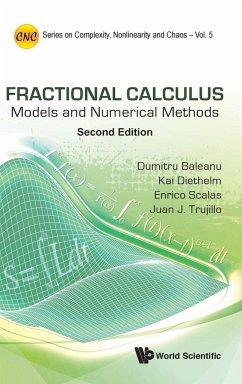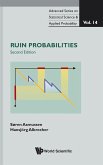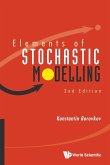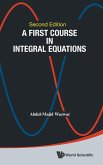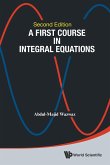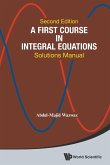This book will give readers the possibility of finding very important mathematical tools for working with fractional models and solving fractional differential equations, such as a generalization of Stirling numbers in the framework of fractional calculus and a set of efficient numerical methods. Moreover, we will introduce some applied topics, in particular fractional variational methods which are used in physics, engineering or economics. We will also discuss the relationship between semi-Markov continuous-time random walks and the space-time fractional diffusion equation, which generalizes the usual theory relating random walks to the diffusion equation. These methods can be applied in finance, to model tick-by-tick (log)-price fluctuations, in insurance theory, to study ruin, as well as in macroeconomics as prototypical growth models. All these topics are complementary to what is dealt with in existing books on fractional calculus and its applications. This book will keep in mind the trade-off between full mathematical rigor and the needs of readers coming from different applied areas of science and engineering. In particular, the numerical methods listed in the book are presented in a readily accessible way that immediately allows the readers to implement them on a computer in a programming language of their choice. The second edition of the book has been expanded and now includes a discussion of additional, newly developed numerical methods for fractional calculus and a chapter on the application of fractional calculus for modeling processes in the life sciences.
Hinweis: Dieser Artikel kann nur an eine deutsche Lieferadresse ausgeliefert werden.
Hinweis: Dieser Artikel kann nur an eine deutsche Lieferadresse ausgeliefert werden.

